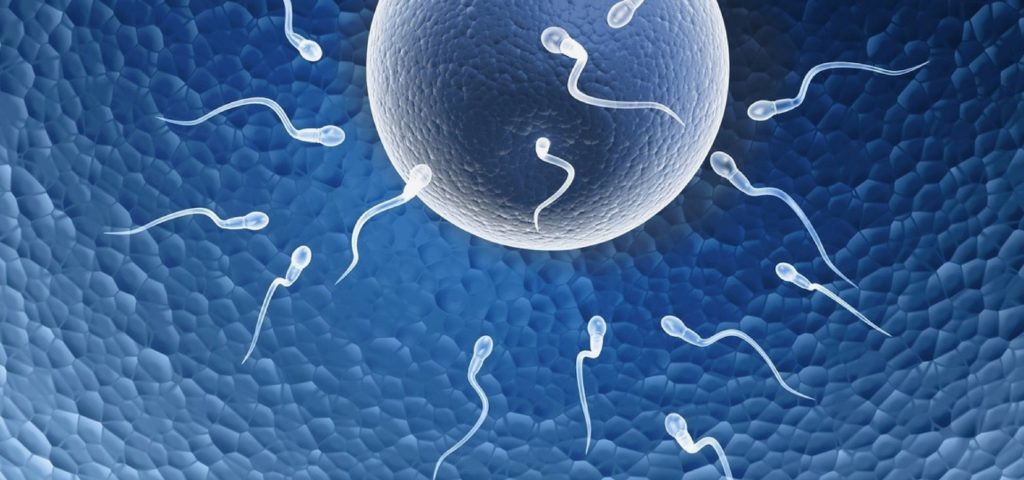Breastfeeding is important to your baby’s health and is the safest and healthiest thing that you can feed your little one. It is recommended by the American Academy of Pediatrics (AAP) you should feed your baby exclusively with breastmilk for the first six months. Unfortunately, some moms can’t breastfeed due to medical or health reasons.
Read on if you want to know the benefits of breastfeeding, or if you can’t breastfeed your baby, here are some healthy alternatives.
What are the benefits of breastfeeding?
Breastfeeding is the perfect way to get all the nutrients needed to your baby, as well as being a special bonding experience between mom and child. Breast milk is optimally suited to babies providing all the right nutrients, vitamins and minerals, being easily digestible and helping protect your baby by providing important antibodies.
Baby’s who are breastfed have less ear infections, issues with diarrhea and respiratory issues. Benefits of breastfeeding include lowering your baby’s chance of getting infections and breastmilk can also help lower instances of asthma and eczema, and is thought to lower the risk of diabetes as well.
Not only is breastfeeding good for your baby, but it’s also good for you. It helps your bond with your baby as your body releases the hormone oxytocin, which helps your uterus reduce to its pre-pregnancy size as well as lowers stress levels.
And it’s an added bonus is that breast milk is cost effective and easily available. The only thing lacking from breast milk is vitamin D, and you can supplement this to your little one from birth.
What are alternatives if I can’t breastfeed?
Sadly some moms aren’t able to breastfeed their babies due to not having enough breastmilk supply, being on medication that could damage their baby’s health and, infectious diseases such as HIV. Although it’s hard not to be able to breastfeed, remember this won’t stop you bonding with or providing nutrients for your baby.
The best alternative to your own breast milk is donated breast milk. However, if you are struggling to find adequate supply you can make use of baby formulas.
In South Africa, the South African Breastmilk Reserve and Milk Matters supports breastfeeding moms through the provision of donated milk. SABR focuses on helping premature babies under the age of 14 days, and Milk Matters supports babies in neonatal intensive care units (NICUs) in the Western Cape.
- Neonatal jaundice, what is it and what happens if my baby is born with it? - July 7, 2025
- Smoking and pregnancy – should I quit - July 1, 2025
- Your pregnancy – a comprehensive guide - June 23, 2025




